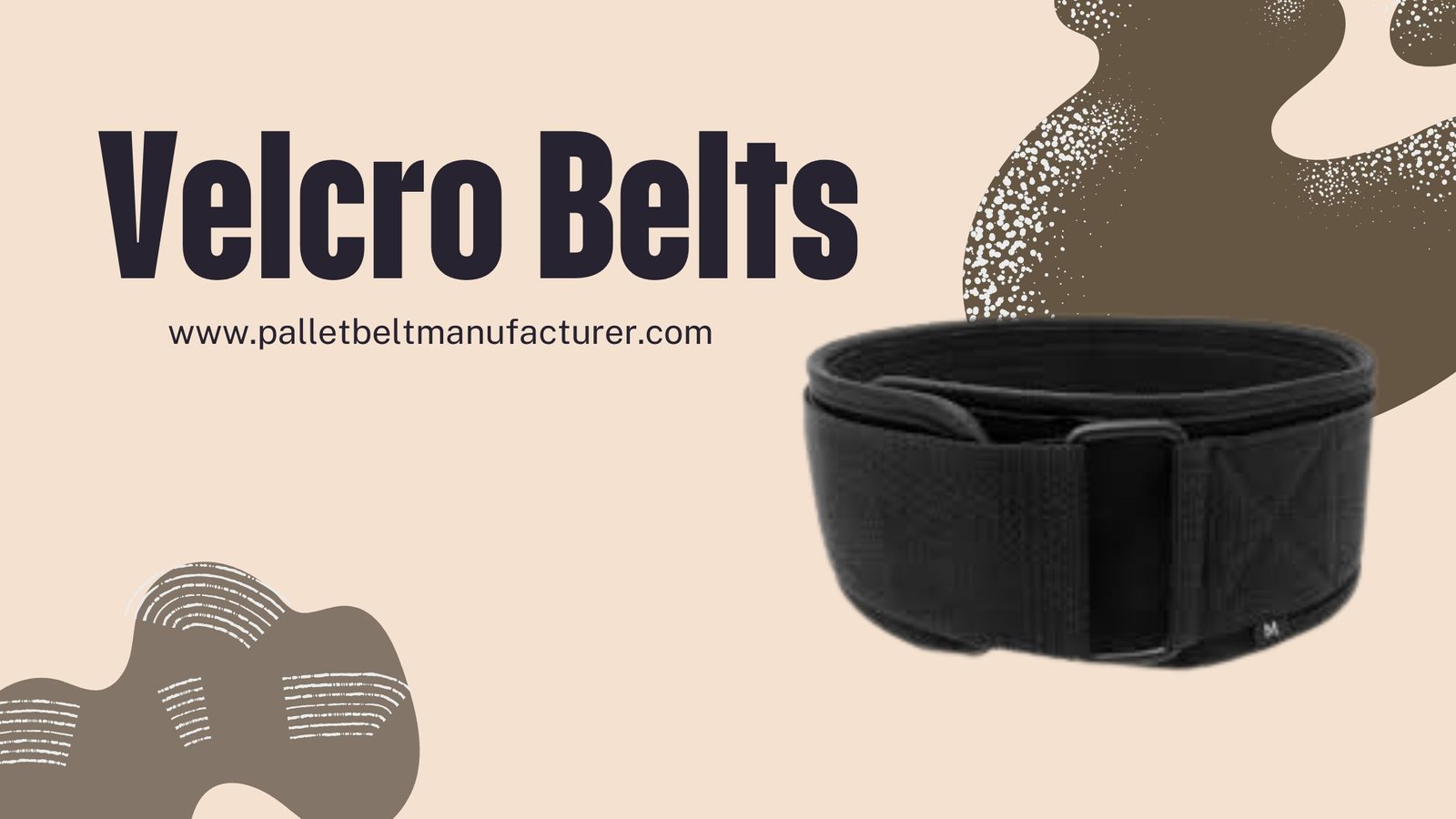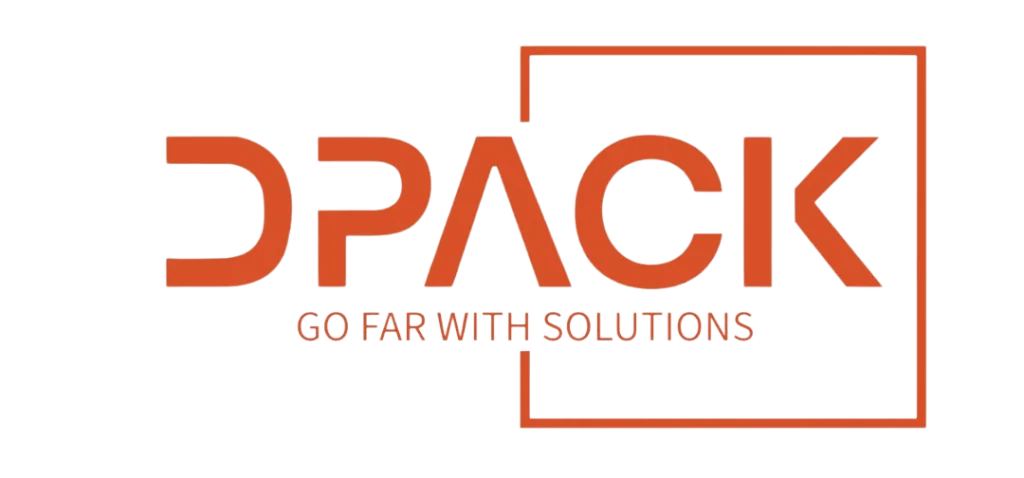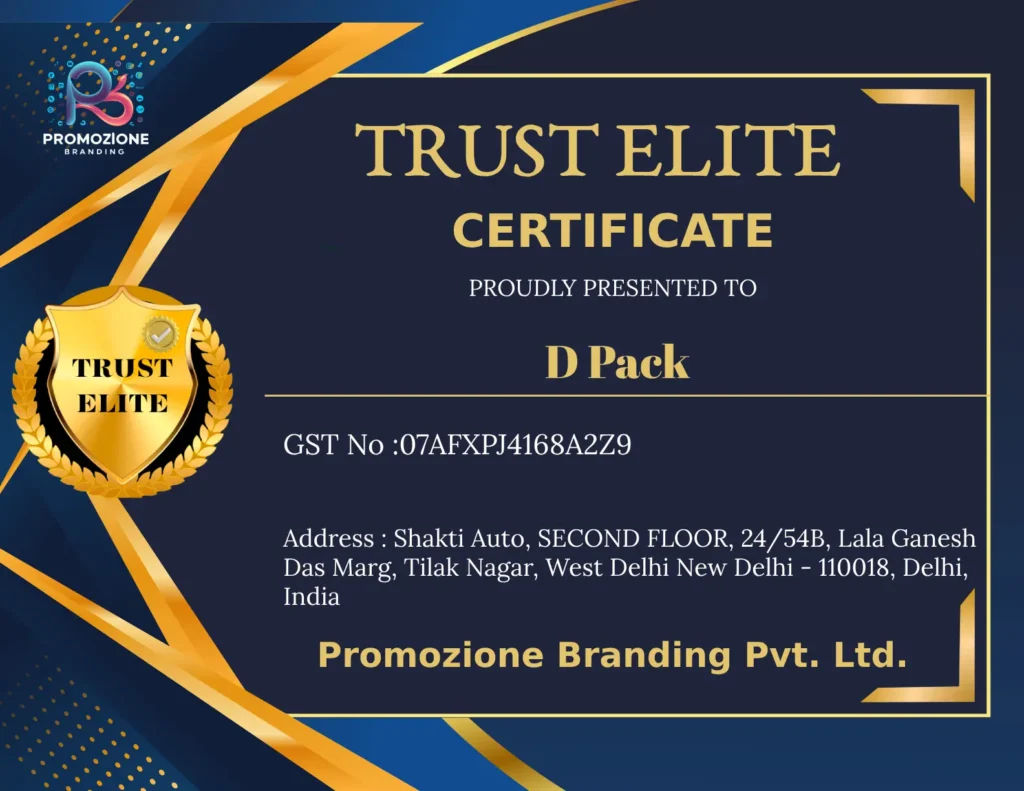
Velcro Belts: Flexible, Reliable, and Built for Everyday Performance
In a world where efficiency and convenience are everything, fastening systems have evolved beyond traditional buckles, hooks, and zippers. One of the most trusted fastening solutions across industries today is the Velcro belt. Known for its adaptability and ease of use, Velcro belts are used in everything from industrial safety gear to apparel, fitness equipment, and even medical accessories.
Whether you’re a manufacturer, retailer, or end user, understanding the value of Velcro belts — their materials, design, and applications — can help you make a better, longer-lasting choice.
What is a Velcro Belt?
A Velcro belt is a type of fastening system that uses hook-and-loop technology to create a secure and adjustable closure. The belt typically has two sides — one with tiny hooks and another with soft loops. When pressed together, they form a tight grip that can be easily adjusted or released without tools or complex mechanisms.
Velcro (a brand name that’s become synonymous with hook-and-loop fasteners) revolutionized closures with its simplicity and practicality. Today, Velcro belts are used where speed, reusability, and adjustability are critical.
Why Velcro Belts Are So Popular
The growing preference for Velcro belts comes down to their versatility and user-friendliness. Unlike traditional fastening belts, Velcro belts offer a custom fit and are extremely easy to wear and remove, making them ideal for:
- Industrial workers needing quick-release gear
- Patients and medical staff who require adjustable, non-metallic supports
- Fitness enthusiasts looking for snug and flexible weight belts
- School bags, cargo belts, tactical gear, and more
They are especially popular in settings where speed, hygiene, and adjustability matter.
Applications Across Industries
One of the greatest strengths of Velcro belts lies in their cross-industry appeal. You’ll find these belts being used in a wide variety of sectors:
1. Industrial Use
Workers in manufacturing, logistics, and construction often wear Velcro belts as part of safety harnesses or tool belts, where frequent adjustments are needed throughout the day.
2. Medical Sector
Velcro belts are commonly used in orthopedic supports, post-surgical belts, maternity belts, and braces. The non-metallic, soft-fastening system makes it gentle on the skin while offering strong support.
3. Fitness and Sports
From weightlifting belts to waist trimmers, Velcro belts are preferred for their secure grip and adjustability during high-movement activities.
4. Travel and Tactical Gear
Velcro belts are used in military and camping gear, where they secure pouches, backpacks, and other accessories with reliability in rugged environments.
5. Fashion and Apparel
Designers use Velcro belts in athleisure wear, kids’ clothing, and adaptive apparel for easy wearability without compromising on style.
Material and Build Quality
The effectiveness of a Velcro belt depends on the quality of the materials used. At the core, these belts consist of:
- Hook tape (usually made from nylon or polyester): Provides the gripping teeth
- Loop tape (softer fabric): Acts as the landing area for the hooks
- Backing material: Can be elastic, rigid webbing, or padded fabric, depending on use
- Stitching or bonding: For added strength and durability in industrial-grade applications
Manufacturers often coat these belts with anti-slip or flame-retardant finishes, especially for defense, aerospace, and industrial settings.
Benefits of Velcro Belts
Velcro belts are more than just convenient. Here’s what makes them a smart choice:
- Quick fastening and unfastening
- No need for holes, buckles, or latches
- Customizable fit for different body types or gear sizes
- Washable and reusable for long-term use
- Non-metallic and lightweight, ideal for medical or airport use
- Cost-effective, especially when purchased in bulk or for institutional use
Whether used for personal, medical, or industrial reasons, Velcro belts represent the kind of smart, user-centered design that simplifies life.
Velcro Belt Customization Options
For B2B buyers and OEMs, customization is key. Manufacturers today offer Velcro belts in:
- Various widths (1″, 2″, 4″ and more)
- Multiple colors for branding or safety standards
- Branding options like embossed logos or printed text
- Different strength levels (light duty to heavy-duty industrial use)
- Flame-retardant, antimicrobial, or water-resistant coatings
So, if your business uses Velcro belts in uniforms, packaging, or equipment, it pays to work with a supplier who can tailor belts to your specific needs.
Conclusion: The Fastening Solution of the Future
In today’s fast-paced and highly specialized industries, even the smallest design decisions can make a big difference. Velcro belts may seem simple, but their adaptability, strength, and ease of use have made them an essential solution across sectors.
At the intersection of performance and convenience, Velcro belts offer the perfect balance of functionality and flexibility. Whether you’re streamlining your production process, outfitting a workforce, or designing ergonomic accessories, Velcro belts offer a reliable solution that works every time.
FAQs: Velcro Belts
Q1. Are Velcro belts durable for heavy-duty applications?
Yes, industrial-grade Velcro belts are designed with strong hook-and-loop closures and reinforced stitching to handle heavy use and weight.
Q2. Can Velcro belts be washed or cleaned?
Yes. Most Velcro belts are washable and reusable. However, it’s recommended to avoid high-heat drying, which can degrade the hook fibers.
Q3. Are Velcro belts adjustable?
Absolutely. Adjustability is one of their biggest advantages, providing a snug, custom fit.
Q4. Can I order custom-size Velcro belts in bulk?
Yes. Many manufacturers, including industrial suppliers, offer bulk orders with customization in length, color, branding, and strength.
Q5. Do Velcro belts lose grip over time?
With prolonged use, especially in dusty or dirty environments, the hook-and-loop connection may weaken. Regular cleaning and maintenance can extend their lifespan.

